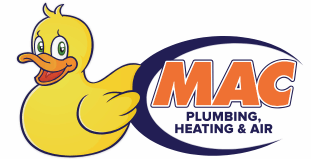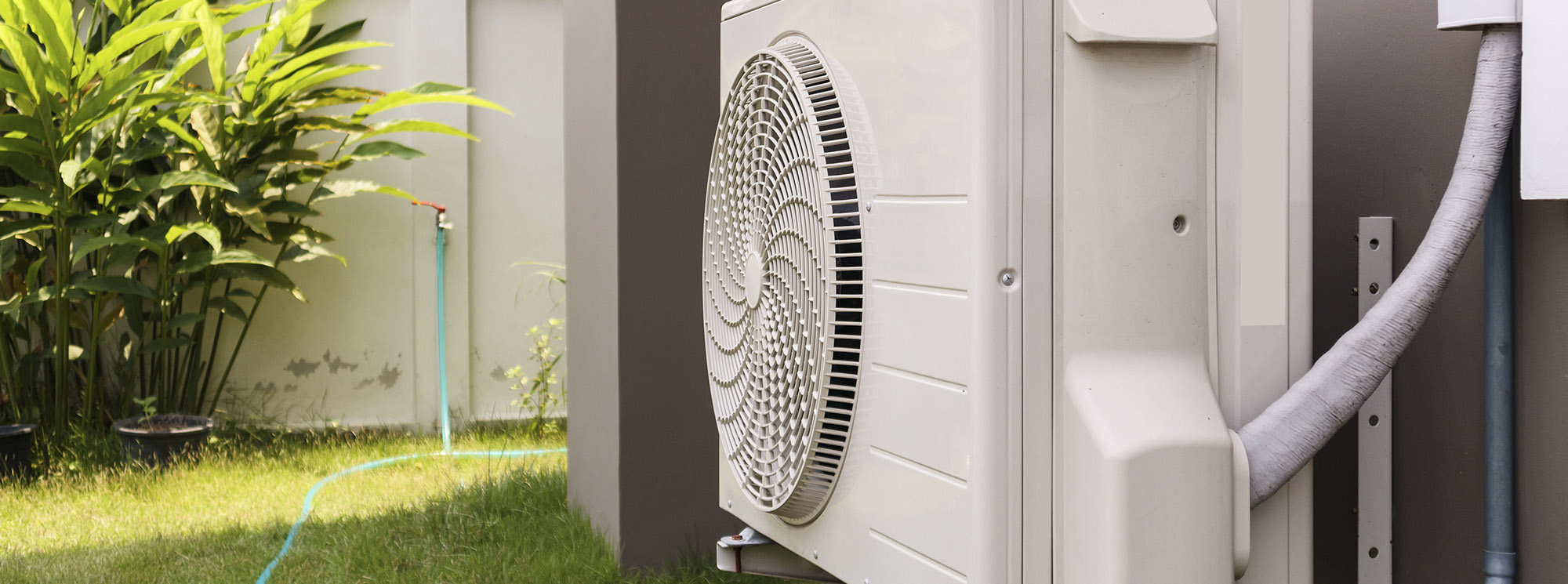All air conditioners drip, however, drips in the wrong place or the wrong volume of dripping water may be a sign of a problem with the air conditioner. The volume of air conditioner dripping condensation varies widely depending on current humidity levels and temperature. Central air conditioning systems may drip 20 gallons daily.
To understand why water is leaking, you need to know how water forms on your AC in the first place.
Where does the water come from?
Your AC unit contains the evaporator coil that cools the warm air blown over it. This causes condensation to form on the coil, just like water droplets form on a cold glass of water on a hot day.
How much should my AC unit drip?
How much your AC drips depends on the current temperature and humidity levels, as well as other factors, such as how large your unit is, how old your AC is, etc.
For example, on a hot summer day in a humid climate, a window air conditioner unit can leak up to two gallons of water per day, while a central AC system may drip up to 20 gallons of water a day.
The condensed water should leak from the back of the A/C unit. If your unit is not dripping, it may not be doing its job of dehumidifying the room properly. If your A/C is leaking water from a location other than the back of the unit, you may have another type of problem.
How would I know if there’s a problem?
Here are some reasons and solutions for problems with your A/C unit when there is too much water dripping.
Clogged condensate drain
- A clogged drain is the most common cause of water leaking from your AC.
- If the drain gets clogged from dirt, slug, or mold, water can back up into your home.
- If this happens, you need to unclog it with a wet/dry vac.
- It’s best to have a professional, like Mac Plumbing, to do this for you.
Condensate pan damage
- Have an old air conditioner? The drain pan may be damaged or rusted through, so water just falls right through. You’ll need to replace the pan.
Dirty condenser coils
- If you have a dirty air filter, it can block the airflow over the evaporator coil.
- The evaporator coil gets too cold and freezes over.
- When it melts, it drips an excess amount of water that the pan may not be able to handle.
- Check your air filter. These should be changed every 1 – 3 months, depending on the season
Low refrigerant
- Low refrigerant will lower pressure in the AC system, causing the evaporator coil to freeze over. (see above)
- When the refrigerant is low you’ll notice:
- The A/C isn’t cooling well
- You hear a hissing or bubbling sound.
Be prepared with a check-up from Mac and if you find yourself with plumbing or HVAC problems, be sure to contact Mac Plumbing, Heating & Air here or call us at (931) 552-5555.

